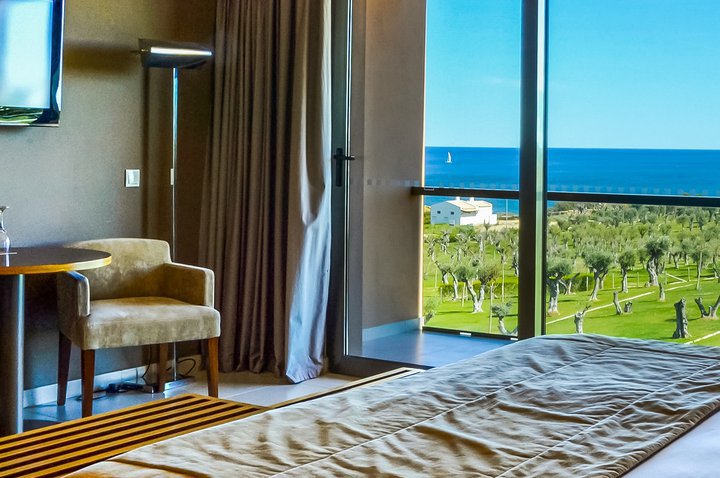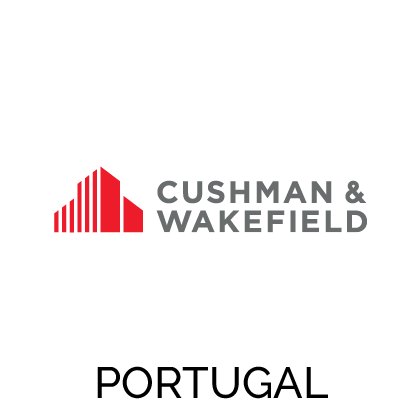Nau São Rafael Atlântico (image conceeded by NAU Hotels)
According to the accounts of Cushman & Wakefield, the turnover already identified with almost certain conclusion for this year amounts to “only” 1,350 million euros, and a set of other sales processes worth a total amount of 1,900 million euros should also be considered that, although suspended due to the pandemic, they can be resumed at any time and, therefore, can still be concluded by 2022. In addition, «there is a lot of off-market activity that could shuffle even more accounts, adding significant volumes of investment, including sales of large portfolios», added Paulo Sarmento, head of Capital Markets at Cushman & Wakefield.
«This is a very atypical year, and there are still many uncertainties to make year-end forecasts," said the expert at the presentation of the Marketbeat Primavera 2021, which took place this Tuesday. Looking at the sector, it is clear that «high levels of liquidity remain in the market, which will continue to benefit investment activity, and that there is no lack of willingness on the side of investors» to allocate capital to Portuguese real estate. «But what will happen will be, above all, a polarization of your interest», making the recovery happen in a different way between the various sectors.
Although on the rise in Europe, and attracting increasing interest from investors, alternative asset classes such as health and data centers are unlikely to be very significant in terms of volumes traded this year, given the characteristics of the national market, «where there is still a great patrimonial tradition among the great health groups », besides that the offer of data centers is still reduced.
On the other hand, one of the sectors that may have an important multiplier effect on these accounts is hospitality, where due to the pandemic, not only some distressed transactions may occur, but also some sales & leaseback processes conducted by historically patrimonialist hotel groups that, before the need for liquidity may choose at this stage to become tenants in some of its units, admits Cushman & Wakefield. In addition, stressed Paulo Sarmento, «there are currently sales processes in progress in this sector that may have a disrupting effect even in 2020, namely the sale of a portfolio with 20 hotel units managed by ECS, among other assets, which may be closed for an amount above 1,000 million euros ».
Pressure from investors will continue to encourage the promotion of BTR and logistics
Logistics and housing built specifically for lease (PRS) remain at the center of the investor's target, however the scarcity of asset supply in these sectors is a reality that remains in 2021. Now, this pressure from the investors' side will continue to trigger a greater interest in promoting new projects, with this specialist anticipating a greater propensity to conduct business in forward-funding or forward purchase in relation to BTR - Built to Rent projects, that is, housing built from scratch for lease . In the case of logistics, "in Portugal there is still a lot of owner-occupier culture and, although demand is high, there is little quality supply for sale on the market; making the entry of the new speculative stock already under construction on the market be followed with good eyes.
In the offices, despite the prospect of occupational activity in line with that of 2020, taking into account the scarcity of new offer already under construction, everything indicates that investor demand remains dynamic, albeit with a greater focus on core and core + products.
In the case of retail, the recovery is expected to be slower and more heterogeneous, led by units in the food sector, which have shown a more resilient behavior, as opposed to shopping centers in more peripheral locations.





